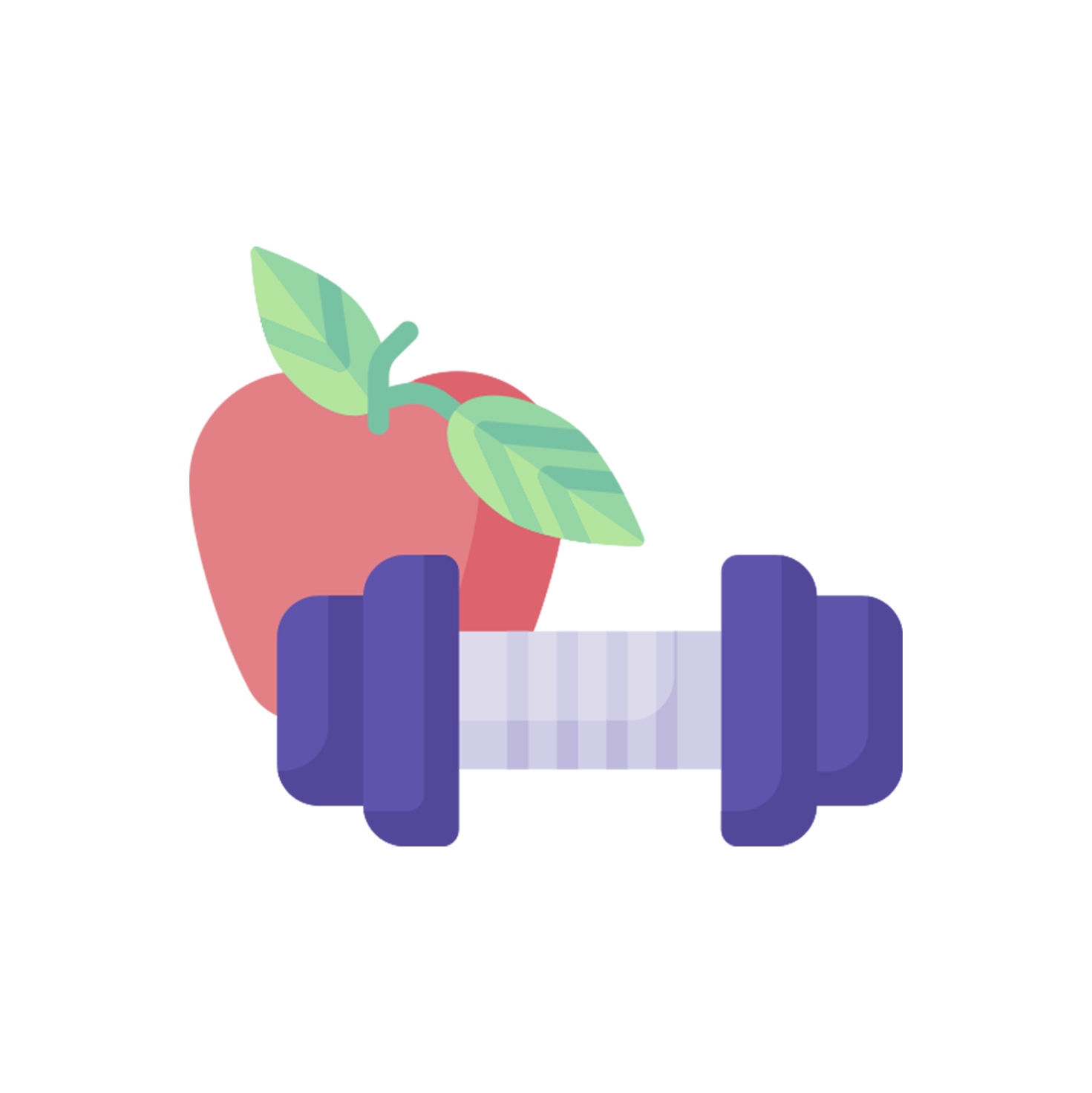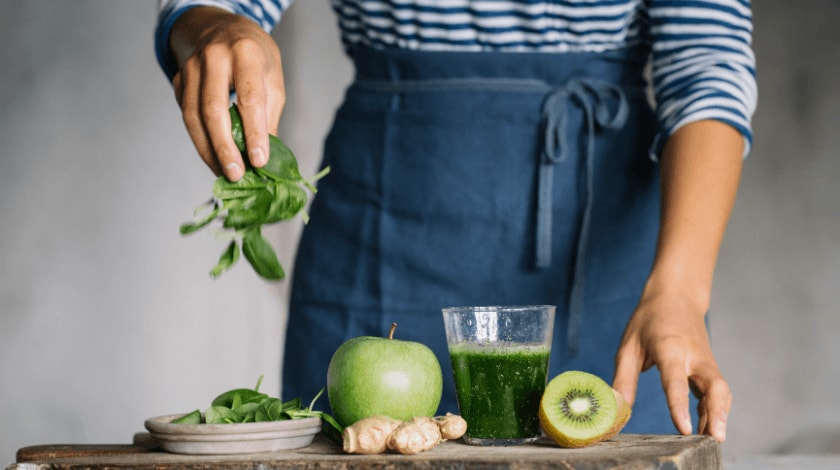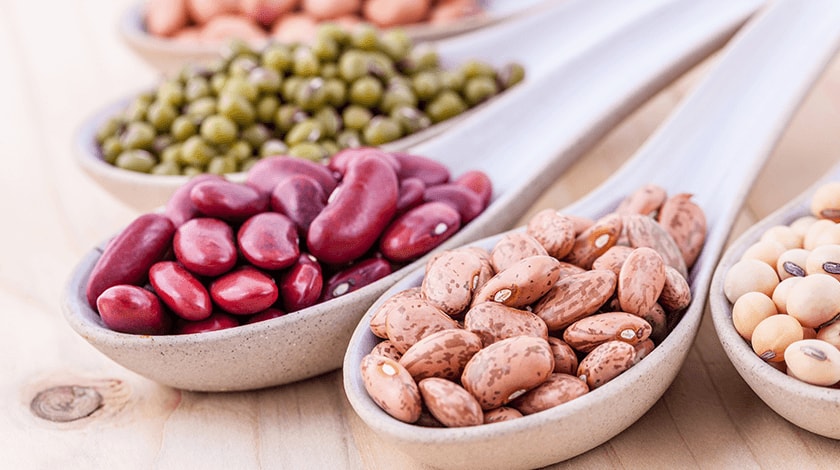Let’s learn about the health benefits of a meat-free diet, and find out what a professional soccer player eats to gain muscle and strength!
A lot of people believe that, to build muscular strength, it's essential to eat steaks and egg whites. However, this is not totally the case. You can get proteins from plant sources as well.
Protein Sources
Proteins are found in every animal or plant source; they can either be complete or incomplete. Complete proteins contain all of the amino acids that can't be made by the body. These are mainly found in animal source such as meat, eggs, fish, and dairy products. However, some plant proteins, like quinoa or soy, also provide complete proteins.
Incomplete proteins refer to substances that lack one or more of the essential amino acids. These are typically found in plant sources like beans, grains, and nuts.
Vegetarians or vegans can get their daily complete supply of protein by having a combination of different good quality proteins. For example, a meal of beans on toast would provide the complete proteins, so do rice and beans. There is no need to combine every types of proteins for each meal. 1
How Much?
If you're looking to build muscle, then it's recommended you aim for between 1.4-1.8g per Kg of your body weight.2 Having some protein every meal and snack would make the muscle building process easier.
If your aim isn't muscle gain, then 0.75g per kg is enough for an average adult.
Meat-Free Benefits
Red meat and other animal sources of protein are often high in harmful saturated fats. By reducing the intake of saturated fat, you can lower your cholesterol levels and reduce your risk of heart disease.4
A recent study shows that the risk of death from circulatory diseases (like heart disease or stroke) for vegetarians is 16% less than non-vegetarians.5
Eating too much red meat has also been directly linked with an increased risk of certain cancers, including colon cancer.6 Therefore, even if you're not vegetarian or vegan, you could also benefit from not eating meat for a day or two per week.
The Pro Diet
We spoke to Jason, a professional football player whose meat-free lifestyle contributed much to his physical health well-being:
Q: When did you stop eating meat and what was the trigger?
A: I stopped about 3 years ago - though I call myself a tactical vegetarian - 98% of the time I don't eat meat and sometimes during off-season, I’ll indulge a little. I read a book my wife had about promoting a vegetarian lifestyle, and thought I'd give it a try as I was struggling with my weight.
Q: Did you notice any change when you went meat-free?
A: I found that giving up meat made a huge difference to my weight. Before, I used to eat a lot of fried, battered foods and then I had a complete food overhaul. Now my fitness and energy level increased, and I don't ever feel like I'm missing out on protein.
Q: What does a typical day's diet look like?
A: For breakfast, I'll have some cereal or oatmeal with soy milk and some fruit. Then after training, I might have a protein shake. In the afternoon, I usually go for fish with salad or vegetables. I have to try hard to resist my kid's sugary snacks and replace mine with nuts or fruit instead.
Q: What do you eat when you're feeling particularly low on energy?
A: Bananas always give me a pick-up. I find it hard to eat right before a game so they give me a good energy boost.
Sources
- Academy of Nutrition and Dietetics Visited 19 July 2012,
- Academy of Nutrition and Dietetics Build Muscle, No Steak Required.
- British Nutrition Foundation Visited 19 July 2012.
- British Heart Foundation Visited 21 July 2012.
- Cardiovascular disease mortality and cancer incidence in vegetarians: a meta-analysis and systematic review. Ann Nutr Metab. 2012;60(4):233-40.
- Red meat and colon cancer. The Harvard Medical School Family Health Guide. Visited 5 July 2012.
© Cigna Healthcare 2023
Information provided in this article is intended for health and fitness purposes only and is not intended for use in the diagnosis of disease or other conditions, or in the cure, mitigation, treatment or prevention of disease (see Terms & Conditions for details). Any health-related information found in this article is available only for your interest and should not be treated as medical advice. Users should seek any medical advice from a physician, especially before self-diagnosing any ailment or embarking on any new lifestyle or exercise regime. Any information contained in this article may not be suitable, accurate, complete or reliable. Cigna Healthcare accepts no responsibility for the content or accuracy of information contained on external websites or resources, or for the security and safety of using them. "Cigna Healthcare" and the "Tree of Life" logo are registered trademarks of Cigna Intellectual Property, Inc. in the United States and elsewhere, licensed for use. All products and services are provided by or through operating subsidiaries, and not by The Cigna Group.




